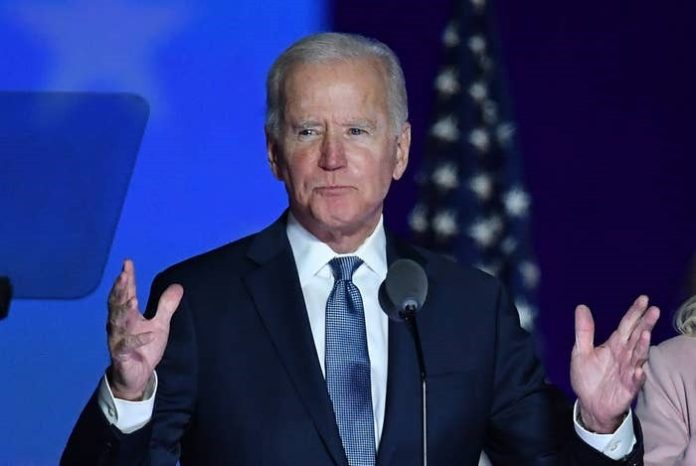US President Joe Biden is celebrating Earth Day on Monday by announcing $7 billion in grants for residential solar projects that will provide electricity to nearly one million low-income households, the White House announced.
We’re opening up a market where everybody, no matter their zip code or their economic background can tap into the savings opportunity that clean energy represents.
The announcement marks a week of events aimed at publicising the Biden administration’s achievements on climate change. Biden will unveil the funding during a trip to Prince William Forest Park in Triangle, Virginia, where he will also announce that applications are open to join the American Climate Corps, a programme to prepare young people for jobs in climate-related industries.
Young voters concerned about climate change are a key electorate for Biden as he prepares to face former President Donald Trump in November’s presidential election.
The Environmental Protection Agency’s $7-billion Solar for All grant competition was included in the Inflation Reduction Act, Biden’s landmark climate change legislation. It will create 200,000 jobs and save participating households about $400 a year, according to the White House.
Among the grant recipients are 60 state and local agencies and nonprofits running programmes that help residents of poor communities go solar and save money on their energy bills. Residential solar power has long been considered tough to get for low-income Americans due to its high upfront cost and because less affluent people tend to rent their homes or live in apartment buildings.
The winners include several organisations planning to bring solar power to Native American households in states, such as Alaska, Arizona, New Mexico, and Colorado.
Biden will also announce that his American Climate Corps will launch a website, ClimateCorps.gov, where candidates can see 2,000 open positions in 36 states, Washington D.C. and Puerto Rico. The Climate Corps aims to employ over 20,000 young people by training them to, for example, install solar panels, operate LiDAR cameras that detect methane emissions and restore mangrove ecosystems, the White House says.
The first training session of the programme will begin in June.
